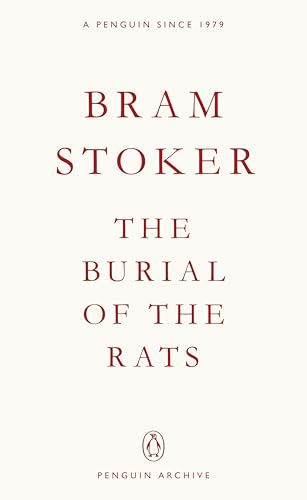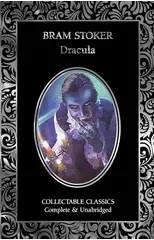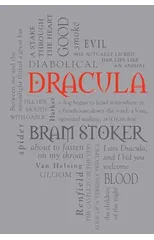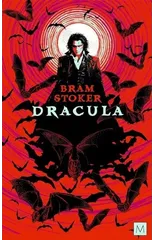3 May. Bistritz.-Left Munich at 8:35 P. M., on 1st May, arriving at Vienna early next morning; should have arrived at 6:46, but train was an hour late. Buda-Pesth seems a wonderful place, from the glimpse which I got of it from the train and the little I could walk through the streets. I feared to go very far from the station, as we had arrived late and would start as near the correct time as possible. The impression I had was that we were leaving the West and entering the East; the most western of splendid bridges over the Danube, which is here of noble width and depth, took us among the traditions of Turkish rule. We left in pretty good time, and came after nightfall to Klausenburgh. Here I stopped for the night at the Hotel Royale. I had for dinner, or rather supper, a chicken done up some way with red pepper, which was very good but thirsty. (Mem., get recipe for Mina.) I asked the waiter, and he said it was called "paprika hendl," and that, as it was a national dish, I should be able to get it anywhere along the Carpathians. I found my smattering of German very useful here; indeed, I don't know how I should be able to get on without it.
Bram Stoker
Bram Stoker was an Irish author best known for his Gothic horror novel "Dracula," published in 1897. His writing style often included elements of supernatural, mystery, and suspense, creating a sense of unease and fear in his readers. Stoker's contribution to literature lies in popularizing the vampire genre and creating one of the most iconic characters in literary history, Count Dracula. His work has had a lasting impact on the horror genre, inspiring countless adaptations and interpretations in various forms of media.





